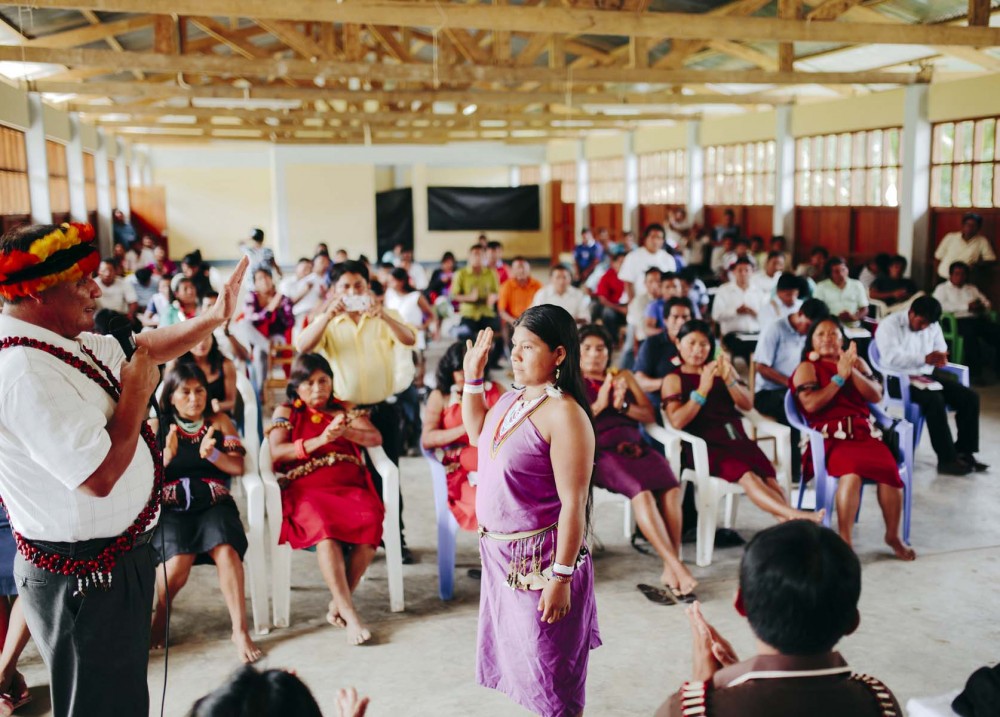Bottom-up accountability initiatives to claim tenure rights in sub-saharan Africa : country report on South Africa
The research project uses the United Nations Food and Agriculture Organization (FAO) Voluntary Guidelines on the Responsible Governance of Tenure of land, fisheries and forests (VGGT or Tenure Guidelines) as a tool to assess the impact of various governance frameworks on small scale fishing communities. It uses the Tenure Guidelines to empower communities to protect their rights in the context of promoting food sovereignty.









